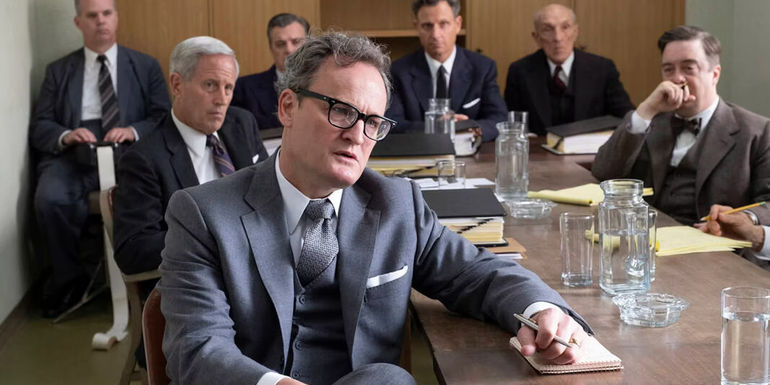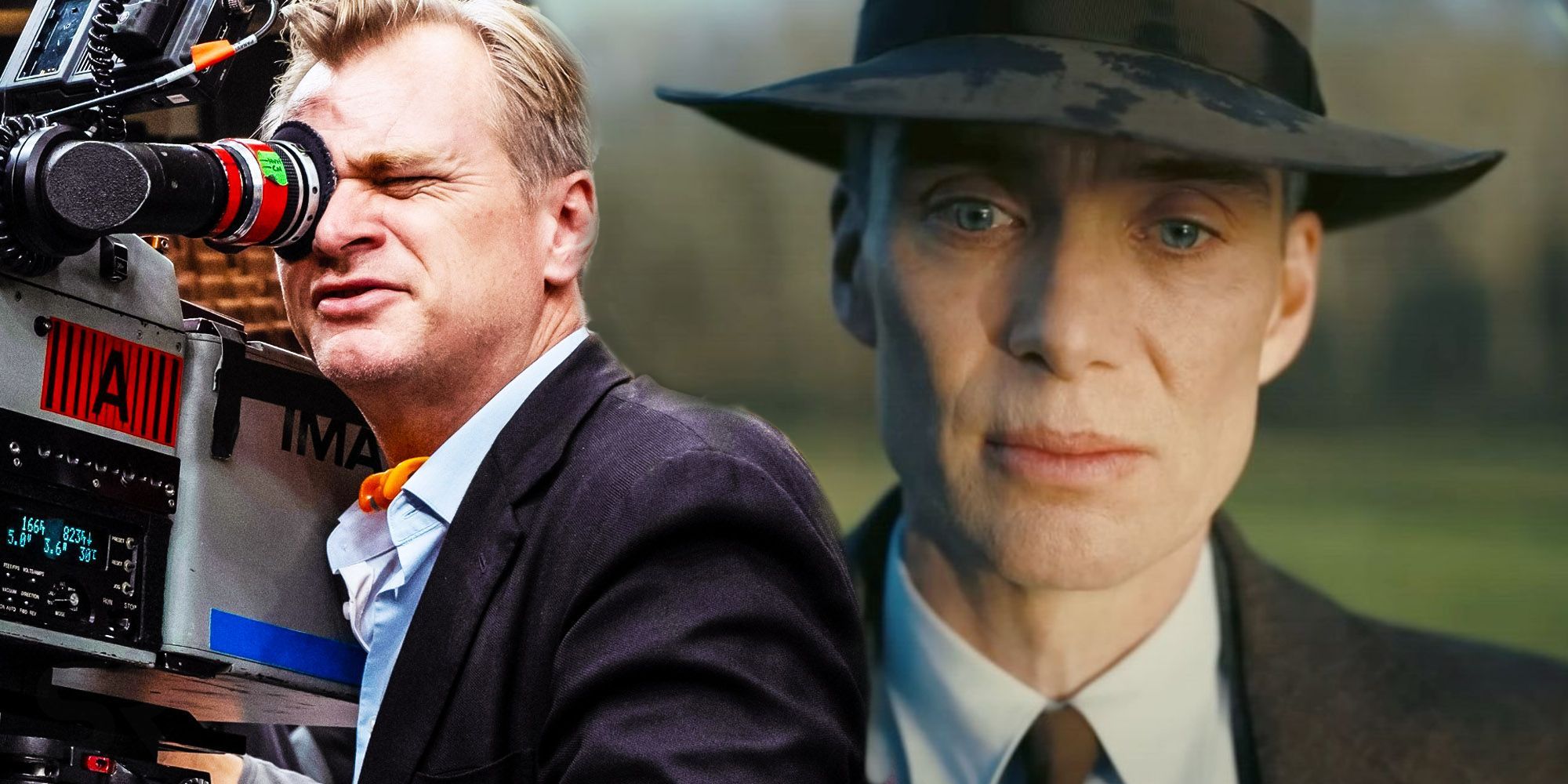
The Intriguing Spying Tactics in Oppenheimer

An in-depth exploration of the covert surveillance and spying tactics employed by the U.S. government in the movie Oppenheimer, shedding light on the lengths taken to monitor and undermine J. Robert Oppenheimer.
The Government's Suspicion
Oppenheimer, the cinematic portrayal of J. Robert Oppenheimer's life and involvement in the creation of the atomic bomb during World War II, delves into the intricate web of suspicion surrounding the brilliant scientist. The U.S. government's deep-seated mistrust of Oppenheimer is vividly depicted, especially during the pivotal security hearing where his guilt and advocacy against the nuclear arms race came to the forefront.
Desk lamp change in Oppenheimer
Throughout the movie, it becomes evident that the government's surveillance of Oppenheimer was not limited to mere observation. The covert tactics employed to monitor his conversations and interactions are brought to light, painting a compelling picture of the lengths to which they went to keep him under close scrutiny.
Roger Robb in Oppenheimer
The Secret Listening Device
One of the most intriguing details that escaped the notice of many viewers was the subtle yet significant change in Lyall Johnson's office. The replacement of the desk lamp by Boris Pash, coupled with the revelation of a listening device concealed within, unveils a clandestine aspect of the government's espionage tactics.
The recordings obtained from the bugged office served as damning evidence during the security hearings, revealing the extent to which the U.S. government was willing to go to undermine Oppenheimer's influence on nuclear policy and sabotage his political standing.
The Motive Behind the Espionage
The movie hints at the government's motive for spying on Oppenheimer, shedding light on their fears of his potential impact on nuclear policy and their relentless efforts to curtail his influence. The recordings, strategically obtained and used against him, were part of a larger agenda aimed at revoking his security clearance and hindering his ability to shape nuclear policy.
The U.S. government's deep-seated concern about Communist and Soviet influence, coupled with their wartime alliance and post-war paranoia, provided the backdrop for their extensive surveillance of Oppenheimer. The covert monitoring and the subtle manipulation of his surroundings exemplify the government's unyielding determination to quell any dissent and preserve their own agenda.
The Pervasive Spying
The pervasive nature of the U.S. government's surveillance of Oppenheimer, as depicted in the movie, mirrors the real-life scrutiny to which he was subjected. The revelation of the bugged lamp in the film hints at the broader surveillance that extended to his home and office, portraying the constant state of vulnerability in which Oppenheimer found himself.
The covert surveillance tactics, rooted in a deep-seated fear of opposing ideologies and influences, showcase the extent to which the government was willing to go to maintain control and suppress any dissent, even within their own ranks.















